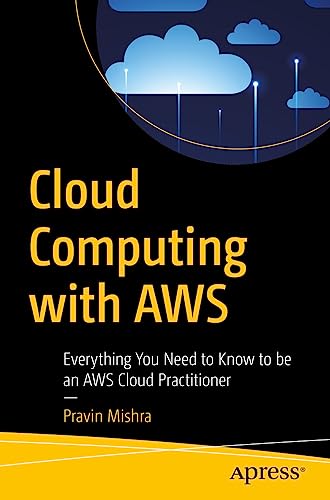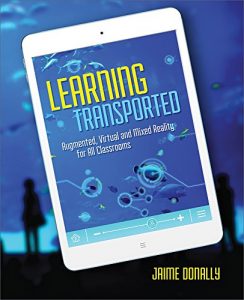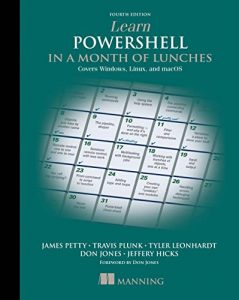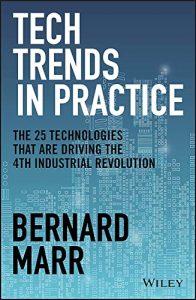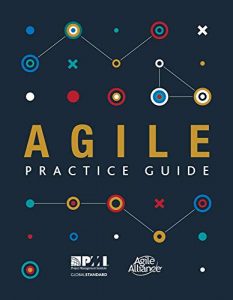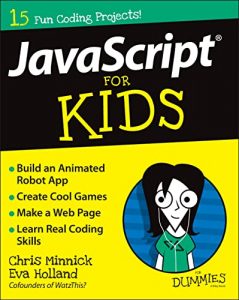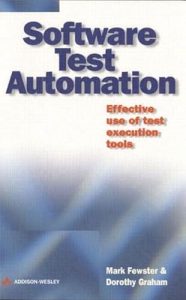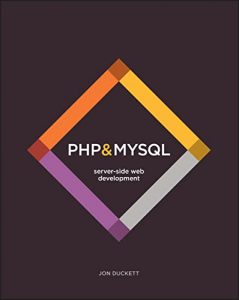Unlocking the Cloud: Must-Read Books on AWS and Database Management
In the rapidly evolving world of technology, understanding cloud computing and database management is more crucial than ever. Here’s a curated list of books that can help you master these essential skills.
1. Cloud Computing with AWS: Everything You Need to Know to be an AWS Cloud Practitioner by Pravin Mishra
This book is a comprehensive guide for anyone looking to become proficient in AWS cloud services. Pravin Mishra breaks down complex topics into understandable concepts, making it easy for beginners to gain a solid foundation. Covering everything from the basic infrastructure to advanced configurations, this book is a must-read for aspiring cloud practitioners. The real-world case studies included enhance understanding and prepare you for practical applications in your career.

2. DynamoDB and PostgreSQL for Restful API Development: Streamlined Data Solutions for APIs by Caleb Ross
Caleb Ross introduces a streamlined approach to developing Restful APIs using DynamoDB and PostgreSQL. This guide is packed with practical examples and best practices for effective API management, making it an invaluable resource for developers. With the growing demand for data-driven applications, understanding how to efficiently utilize these databases is key, and this book simplifies that learning curve. Whether you’re an amateur or a seasoned developer, the insights contained within are power-packed and practical.

3. Amazon DynamoDB for Financial Systems by Finbarrs Oketunji
This book delves into the specifics of utilizing DynamoDB within financial systems, highlighting its unique capabilities and advantages for managing heavy workloads and sensitive data. Finbarrs Oketunji offers a thorough exploration of the architecture and practical applications of DynamoDB, making this a valuable read for professionals in the financial sector. The focus on security and data integrity is particularly beneficial, as these are critical aspects of financial database management.

4. Mastering AWS DynamoDB: Scalable NoSQL Solutions by Souren Stepanyan
Souren Stepanyan’s guide is essential for anyone looking to fully master DynamoDB. This book goes beyond the basics, diving into scalable solutions and advanced configurations that can enhance your application’s performance. With detailed examples and a clear focus on NoSQL concepts, readers can expect to gain a deeper understanding of data modeling and query patterns. This read is perfect for those looking to strengthen their technical skills and leverage DynamoDB’s full potential.

5. Python Feature Engineering Cookbook by Soledad Galli
Whether you’re tackling predictive modeling or machine learning by leveraging data, the Python Feature Engineering Cookbook by Soledad Galli is pivotal. This cookbook is filled with recipes for generating and transforming features, making it an excellent resource for data scientists looking to refine their skills. The practical, hands-on approach helps in understanding how to create impactful features that drive algorithm performance.

6. The DynamoDB Handbook: Practical Solutions for Modern NoSQL Database Management by Robert Johnson
In The DynamoDB Handbook, Robert Johnson provides a deep dive into effective management strategies and practical solutions for deploying DynamoDB in diverse environments. This handbook serves as a manual for beginners and experts alike, presenting practical tips and guidelines for optimizing performance, scaling applications, and maintaining data integrity. A quintessential read for anyone looking to manage modern NoSQL databases effectively.

7. Node.js on AWS Lambda by John Danson
Exploring the integration of Node.js with AWS, John Danson’s book is a practical guide that covers not just the fundamentals but also advanced topics. The examples provided alongside critical explanations foster a rich understanding of serverless architecture. This book is vital for developers keen on modern cloud solutions, ensuring they can leverage the power of AWS while enhancing application performance.

8. AWS DynamoDB A Complete Guide by Gerardus Blokdyk
With comprehensive coverage of AWS DynamoDB, Gerardus Blokdyk provides a complete guide that equips readers with essential knowledge to proficiently navigate and utilize this powerful database service. The in-depth explorations include strategies for implementation and management, catering to both newcomers and seasoned users. A perfect resource for teams or individuals striving to master the capabilities of AWS services.

9. Power Of DynamoDB: Configuring DynamoDB For Optimal Performance by Pamelia Strombeck
In this quick-read book, Pamelia Strombeck emphasizes performance optimization techniques that are crucial for any application built on DynamoDB. This guide is packed with tips on configuration, indexing, and query optimization, making it a vital resource for developers who need their applications to run efficiently and effectively. Perfect for those looking to hone their skills in managing and configuring NoSQL databases!

These books collectively encompass a wealth of knowledge and expertise critical for any cloud computing or database management professional. By investing time in these resources, you can shape the future of your tech career.

